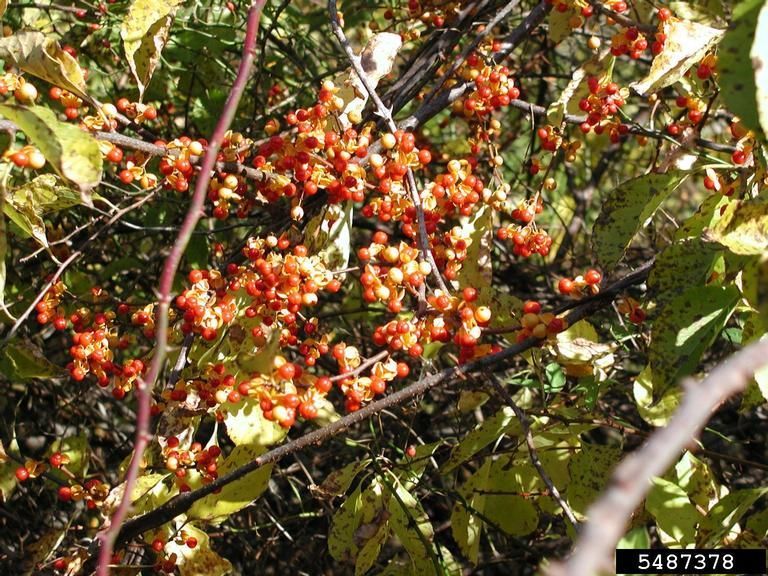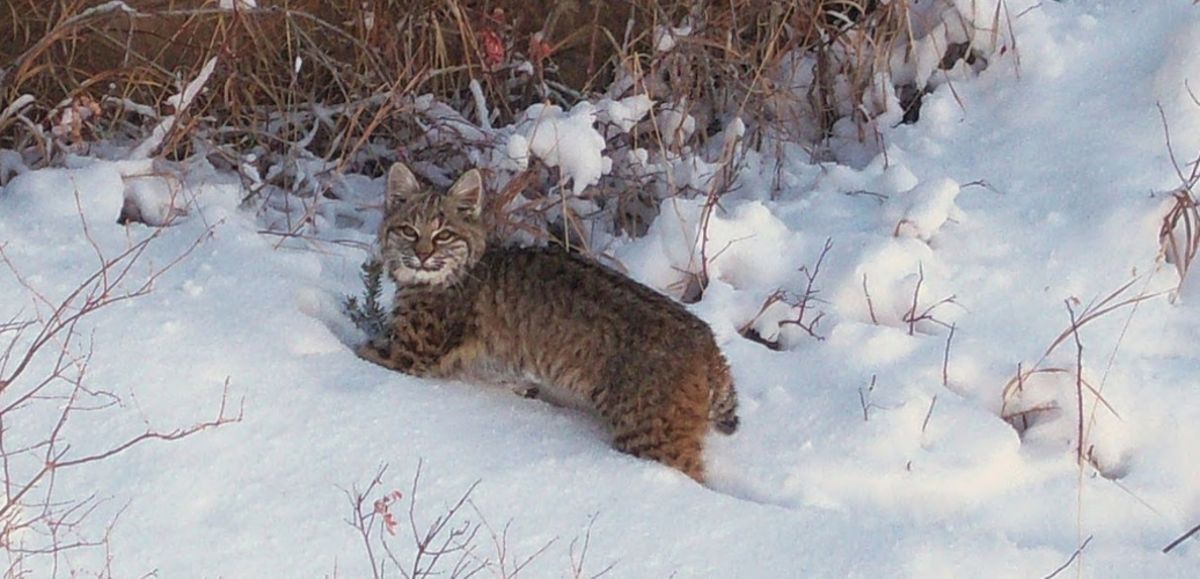Feds, Illinois come to agreement on PED phase of the Brandon Road Lock and Dam Project
An agreement announced today between Illinois and the federal government marks significant progress in Michigan’s effort to keep invasive Asian carp from overtaking our Great Lakes.
The preconstruction engineering and design (PED) phase of the Brandon Road Lock and Dam Project was agreed upon today by the State of Illinois and U.S. Army Corps of Engineers. Both parties, in addition to Michigan Department of Natural Resources Director Dan Eichinger, held a press conference at 1 p.m. CST.
The Brandon Road Lock and Dam project is slated to install acoustic fish deterrents, an air bubble curtain, an electric fish barrier and other provisions to help stop the spread of invasive carp. Construction will happen in Joliet, IL on the Des Plaines river — the last chokepoint for invasive Asian carp before reaching the Chicago Area Waterway System and Lake Michigan.
Eichinger said this “trailhead” has been years in the making, and the landmark progress would not have been possible without governmental, non-governmental, tribal and private stakeholders working diligently to ensure our Great Lakes are protected.
“Conservation is a team sport,” Eichinger said.
An agreement between Michigan Gov. Gretchen Whitmer and Illinois Gov. JB Pritzker was reached which would allow Illinois to use up to $8 million dollars appropriated by the Michigan Legislature for the PED phase of the project. The non-federal cost share of the PED will total about $10 million.
Today marks a huge milestone in the progress of preventing invasive Asian carp from reaching our Great Lakes, said MUCC Executive Director Amy Trotter.
“MUCC and conservationists in Michigan have been diligently working on this issue for more than a decade,” Trotter said. “Having the PED agreement signed by Illinois is the first step in actually getting construction started, and it should be celebrated by Michiganders and all citizens of Great Lakes states.”
The U.S. Army Corps of Engineers is anticipating a three- to four-year timeframe for the completion of the PED phase of the project. A project partnership agreement between the State of Illinois and the U.S. Army Corps of Engineers will then need to be signed following the PED phase before construction begins. Actual construction is expected to take six to eight years.
MUCC’s national affiliate, the National Wildlife Federation, has advocated and worked diligently on the invasive carp issue for conservation groups across the nation.
“If Asian carp invade the Great Lakes, they would have a devastating impact on our fisheries, tourism and outdoor recreation economies, and way of life across the region,” said Marc Smith, policy director at the National Wildlife Federation Great Lakes Regional Center. “This agreement shows how the protection of our Great Lakes water, jobs and way of life is a uniting force across state and party boundaries. Asian carp are truly a national problem requiring this national solution.”
Since 1937, MUCC has united citizens to conserve, protect and enhance Michigan’s natural resources and outdoor heritage – and we do so from Lansing to Washington D.C. Please join us today: http://bit.ly/JoinMUCC



